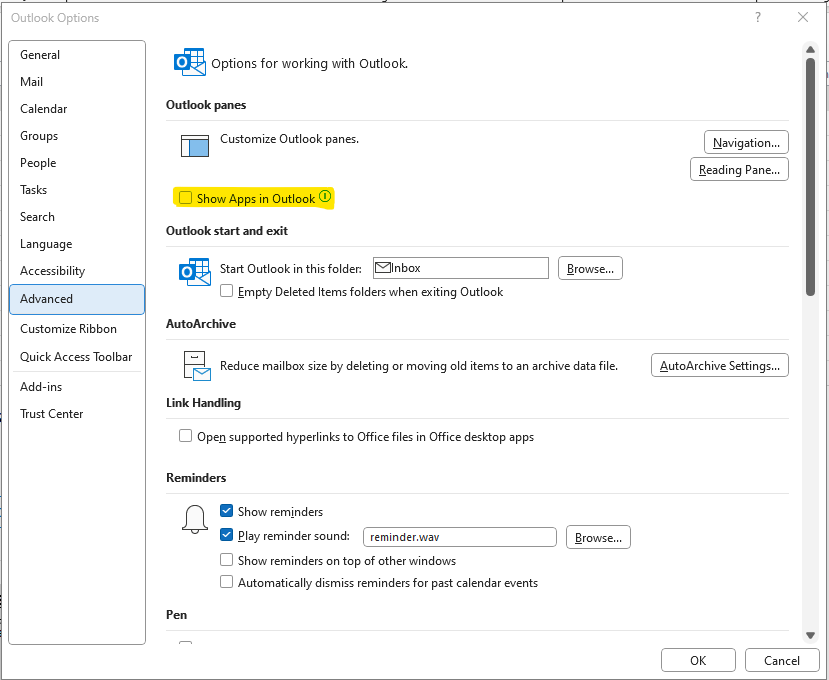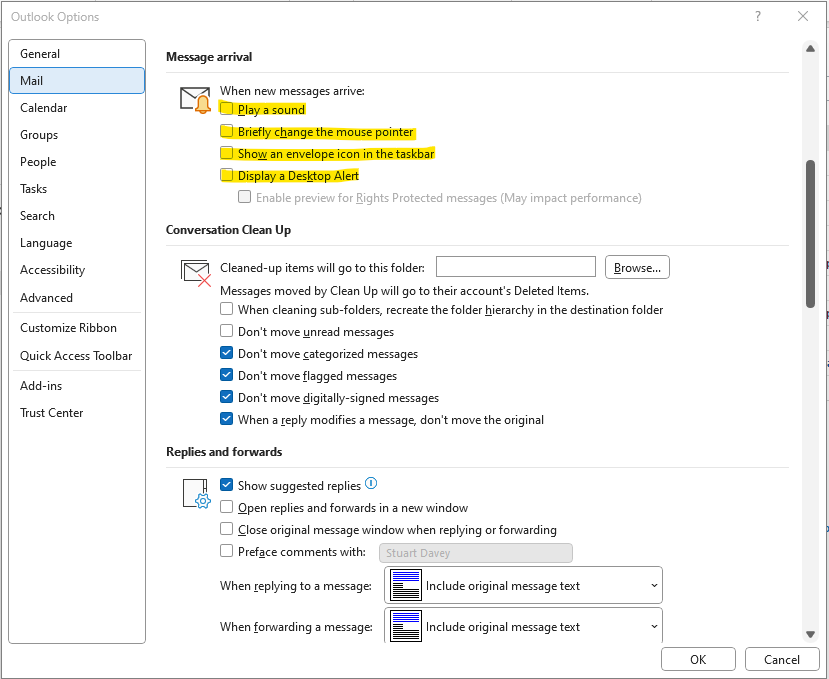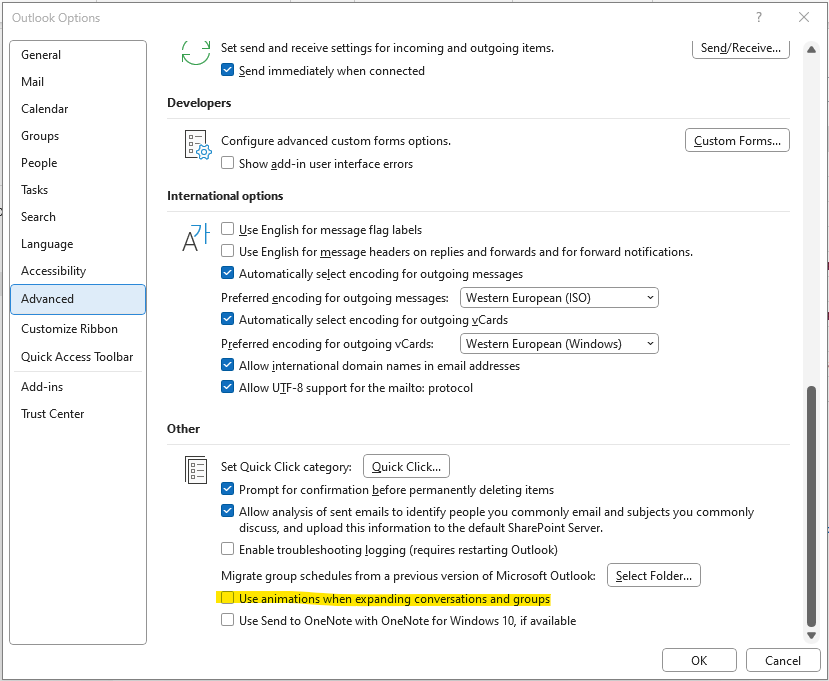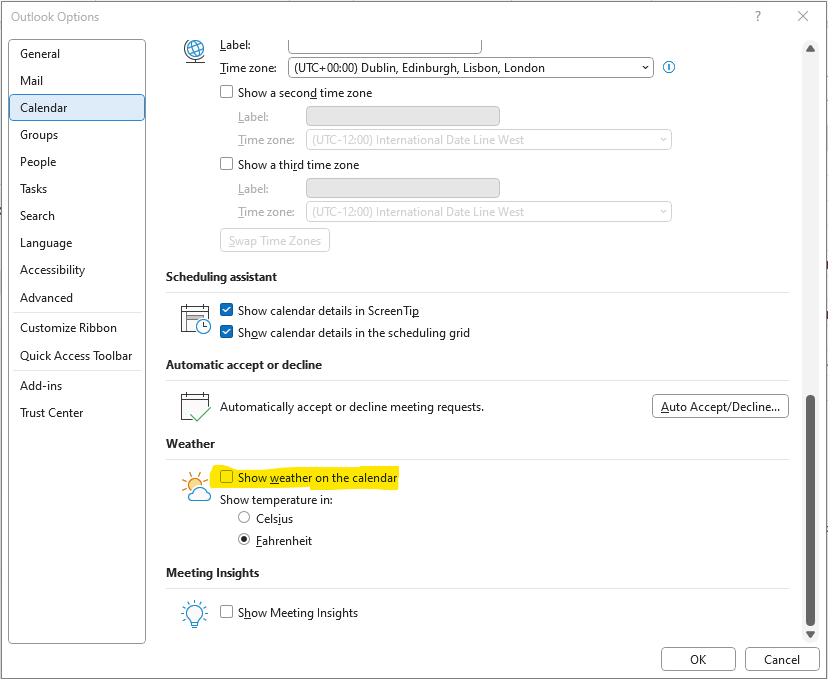Rdbss.sys – Pre Service Pack 2 Revision History for Windows 7 SP1, Windows Server 2008 R2 SP1 and Windows Small Business Server 2011 (SBS 2011)
12-Mar-2015 – 6.1.7601.22998 – Rdbss.sys – x86/x64 – https://support.microsoft.com/en-us/kb/3044428 – “0x00000027” or “0x00000050” Stop error in the Rdbss.sys driver in Windows 7 SP1 or Windows Server 2008 R2 SP1
05-Jul-2013 – 6.1.7601.22377 – Rdbss.sys – x86/x64 – http://support.microsoft.com/kb/2732673 – “Delayed write failed” error message when .pst files are stored on a network file server that is running Windows Server 2008 R2
08-Mar-2013 – 6.1.7601.22276 – Rdbss.sys – x86/x64 – http://support.microsoft.com/kb/2824408 – Oplock break requests are ignored by a Windows 7-based or Windows Server 2008 R2-based client
05-Jan-2013 – 6.1.7601.22210 – Rdbss.sys – x86/x64 – http://support.microsoft.com/kb/2732673 – “Delayed write failed” error message when .pst files are stored on a network file server that is running Windows Server 2008 R2
31-Aug-2012 – 6.1.7601.22104 – Rdbss.sys – x86/x64 – http://support.microsoft.com/kb/2732673 – “Delayed write failed” error message when .pst files are stored on a network file server that is running Windows Server 2008 R2
01-Jun-2012 – 6.1.7601.22009 – Rdbss.sys – x86/x64 – http://support.microsoft.com/kb/2715922 – Home folder is not mapped to a client computer when multiple users are logged on to a computer that is running Windows 7 or Windows Server 2008 R2
04-Apr-2012 – 6.1.7601.21957 – Rdbss.sys – x86/x64 – http://support.microsoft.com/kb/2559767 – File corruption occurs when you perform file operations on a file server that is running Windows 7 or Windows Server 2008 R2
09-Mar-2012 – 6.1.7601.21939 – Rdbss.sys – x86/x64 – http://support.microsoft.com/kb/2687753 – “File not found” error message when you change an open file on a network share from a computer that is running Window 7 or Windows Server 2008 R2
09-Mar-2012 – 6.1.7601.21939 – Rdbss.sys – x86/x64 – http://support.microsoft.com/kb/2624677 – “0x00000027” Stop error when you access a shared network resource that is hosted on a computer that is running Windows Server 2008 R2 or Windows 7
01-Mar-2012 – 6.1.7601.21933 – Rdbss.sys – x86/x64 – http://support.microsoft.com/kb/2670567 – “0x000000027” Stop error when you copy a file from a redirected folder in Windows 7 or in Windows Server 2008 R2
22-Nov-2011 – 6.1.7601.21864 – Rdbss.sys – x86/x64 – http://support.microsoft.com/kb/2647452 – Paged pool leaks when you map a network drive and then disconnect it frequently in Windows 7 or in Windows Server 2008 R2
01-Oct-2011 – 6.1.7601.21830 – Rdbss.sys – x86/x64 – http://support.microsoft.com/kb/2622136 – You cannot rename an application in a shared folder in Windows 7 or in Windows Server 2008 R2 if the application is being run by one or more users
30-Sep-2011 – 6.1.7601.21829 – Rdbss.sys – x86/x64 – http://support.microsoft.com/kb/2584874 – “0x00000027” Stop error when you try to access a shared network resource in Windows Server 2008 R2 or in Windows 7
16-Jul-2011 – 6.1.7601.21772 – Rdbss.sys – x86/x64 – http://support.microsoft.com/kb/2579362 – The redirector component may stop responding on a Windows Server 2008 R2-based computer when it tries to contact many other computers
23-May-2011 – 6.1.7601.21732 – Rdbss.sys – x86/x64 – http://support.microsoft.com/kb/2549036 – “0x0000000A” stop error occurs when several applications access the same network share file by using the MapViewOfFile() API on a computer that is running Windows 7 or Windows Server 2008 R2
23-May-2011 – 6.1.7601.21732 – Rdbss.sys – x86/x64 – http://support.microsoft.com/kb/2536493 – Slow SQL Online Transaction Processing performance when SQL database files are stored on an SMB network file share in Windows 7, in Windows Server 2008 R2, or in Windows Storage Server 2008 R2
18-Dec-2010 – 6.1.7601.21624 – Rdbss.sys – x86/x64 – http://support.microsoft.com/kb/2254637 – “0x0000007F” Stop error occurs when the connection to some shared files is lost on a computer that is running Windows Vista, Windows Server 2008, Windows 7 or Windows Server 2008 R2
 Consider disabling Message arrival notifications, these include “Play a sound”, “Briefly change the mouse pointer”, “Show and envelope icon in the taskbar”, and “Display a Desktop Alert” in Outlook Options > Mail
Consider disabling Message arrival notifications, these include “Play a sound”, “Briefly change the mouse pointer”, “Show and envelope icon in the taskbar”, and “Display a Desktop Alert” in Outlook Options > Mail
 Consider disabling “Show Weather on the calendar” in Outlook Options > Calendar
Consider disabling “Show Weather on the calendar” in Outlook Options > Calendar
